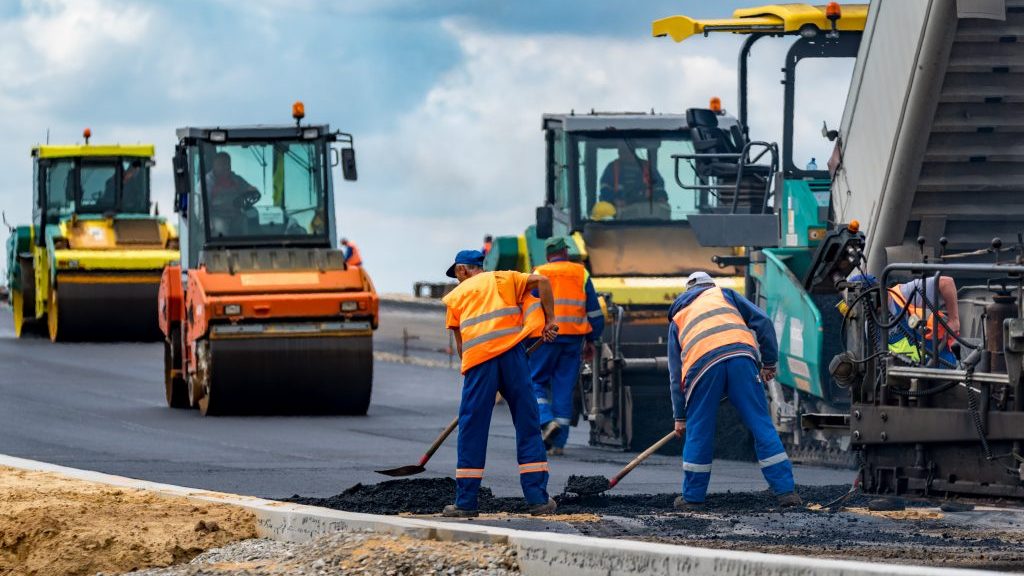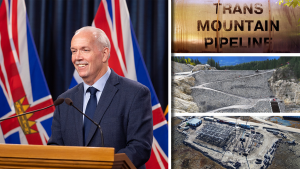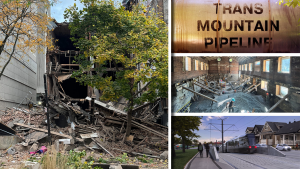A recent report by the Financial Accountability Office (FAO) of Ontario underscores just how much work remains to bring the province’s infrastructure to satisfactory levels.
The report provides an independent analysis on the state of the infrastructure backlog across our municipalities, estimates the replacement value and condition of the assets, and puts a price tag on the cost to bring them into a state of good repair. The assessments are based on information from 2020.
Alarmingly, it concluded almost half of municipal assets are not in a state-of-good-repair, translating into a municipal infrastructure backlog of $52 billion. This reiterates how important it is for senior levels of government to focus on setting aside adequate funding to fix the problem.
Most of the infrastructure in Ontario is the roads and bridges we drive on as well as the assets that are out of sight and often out of mind – the underground labyrinth of pipes that bring treated drinking water to us and the sewers and other infrastructure that take stormwater and waste away.
When assets are working adequately, they are not always a top priority and governments can postpone setting funds aside for their upkeep. However, maintaining these critical assets is key to their operational longevity.
As a leading industry advocate for infrastructure investment representing both labour and management, the Residential and Civil Construction Alliance of Ontario (RCCAO) welcomes the FAO findings. We now have concrete and updated figures on the extent of needed repairs. Only 55 per cent of municipal assets are in a state-of-good-repair and 45 per cent are estimated not to be in a state-of-good-repair.
There are $47 billion of municipal assets whose condition is unknown and not included in the backlog, estimates in the report. If these assets were included, it is safe to say that the size of the backlog would be larger.
RCCAO has consistently advocated that maintaining public infrastructure in a state-of-good-repair is one of the most cost-effective ways to manage the life cycle of an asset. Ontario’s municipalities own a big portion of public infrastructure in the province, and they require proper capital investment from senior levels of government to ensure the assets can be kept in a state-of-good-repair. Delaying the upkeep of such infrastructure only increases costs associated with those assets.
RCCAO was not surprised at the findings of the FAO report. Over the years, we’ve released several reports on Ontario infrastructure, including our latest one which indicated that water and wastewater assets in the province are in dire need of attention, repair and investment. That report concluded millions of cubic metres of treated drinking water are being pumped into the ground every year across Ontario due to leaky and broken pipes. The City of Toronto, for example, is wasting 103 million litres per day.
Apart from the clear environmental reasons for not wanting to treat and then waste water, it also makes good economic sense to invest in these types of assets. Infrastructure investments, both short- and long-term, are one of the best ways to stimulate the economy and create jobs. For example, for every $1 billion spent on infrastructure, GDP is boosted by an average additional $1.46 billion.
Reflecting the importance of infrastructure investments and state-of-good-repair projects, the federal and provincial governments recently provided funds to help municipalities address the impacts of the pandemic on their budgets.
In late 2020, the federal and provincial governments worked collaboratively on a Safe Restart Agreement that provided financial relief to municipalities. In March, the province announced municipalities would share in $500 million being set aside to help them address ongoing COVID-19 operating costs. That same month, the federal government announced a one-time investment of $2.2 billion through added gas tax funding for municipal infrastructure, doubling the regular funding. These funding mechanisms provided municipalities with financial certainty so they could proceed with state-of-good-repair projects and infrastructure work.
RCCAO commended the province and federal government for their collaboration and leadership during such a challenging time for municipalities.
However, as the FAO report indicates, significantly more money is needed for infrastructure. The federal and provincial governments must remain committed to providing the necessary funding to municipalities to ensure ongoing infrastructure maintenance and rehabilitation.
RCCAO will continue to make the case for continued investment in much-needed state-of-good-repair projects. They must remain a priority. Our economic recovery depends on it.
Nadia Todorova is executive director of the Residential and Civil Construction Alliance of Ontario. Send Industry Perspectives comments and column ideas to editor@dailycommercialnews.com.











Recent Comments
comments for this post are closed